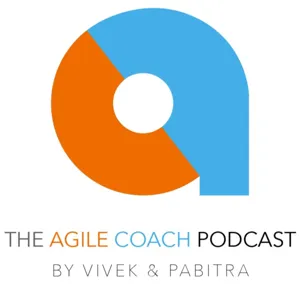(1:49) From her first digital project, a 2001 website sold one year later, to several other digital assets, Fernanda tells us about her background in marketing and business.
(5:03) Fernanda gives us her opinion about what she thinks is digital transformation by stating that being active on social media, and having an app or a website, doesn’t necessarily mean a company has transformed itself digitally.
(10:36) Big corporations, such as retailers, should not only build their commerce online but improve their communication with customers, understand how to use the content to their advantage, and use social media for engagement.
(13:26) Fernanda states how implementing the same strategy a retailer has on-site online, only restrains a company’s digital evolution.
(16:22) Fernanda mentions the lack of know-how and the pretense of fast and easy results when companies become (or try to become) digital markets.
(19:49) Fernanda and Luis agree on how leaders must change their mindset about continually experimenting in the digital world.
(22:53) Even though big retailers have huge needed assets, such as their physical stores, Fernanda considers that, soon or later, they will be forced to merge into digital, and get the best of both worlds.
(24:58) With a never-ending check, and a huge retail store in her hands, Fernanda confirms what she would do as the next steps of business improvement. Curiously, she starts by buying start-ups.
(29:22) For small entrepreneurs, Fernanda considers that some of the most significant advantages nowadays rely on the amazing possible distribution channels, the control of the customer experience online, and the choice of the prices and promotions of your products.
(35:05) Luís adds the relevant opportunity of testing new products fast and efficiently with no restrictions, as another advantage of selling online.
(36:38) Fernanda states that the biggest struggle of selling Nolita’s food products worldwide is to comply with the food restrictions of each country.
(38:39) Fernanda advises the audience to understand the importance of relationships in the business world, connecting a solid network with successful businesses.
(41:46) For young leaders, the journey shouldn’t be a lonely process, but a diverse and challenging one, surrounded by different-minded people, as Fernanda advises.
* * *
ADAPT Podcast:https://adaptmethodology.com/podcast/
Digital Leadership Accelerator:https://digitalleadershipaccelerator.com/
ADAPT Bookhttps://adaptmethodology.com/book
Digital Leadership Scorecardhttps://adaptmethodology.com/scorecard











